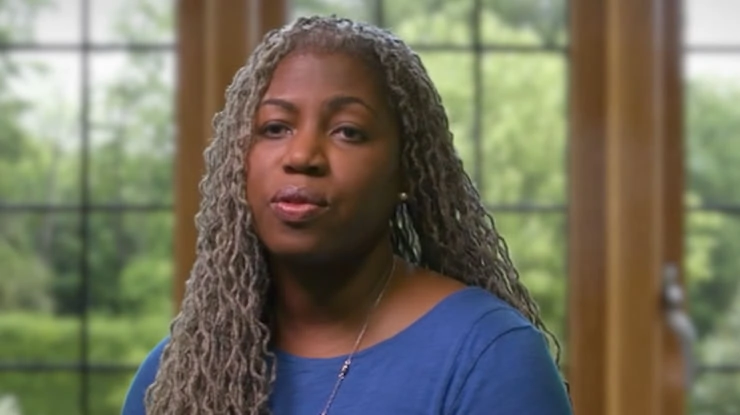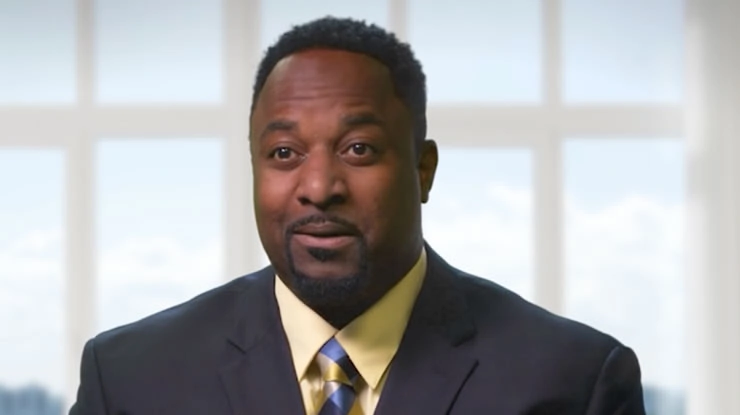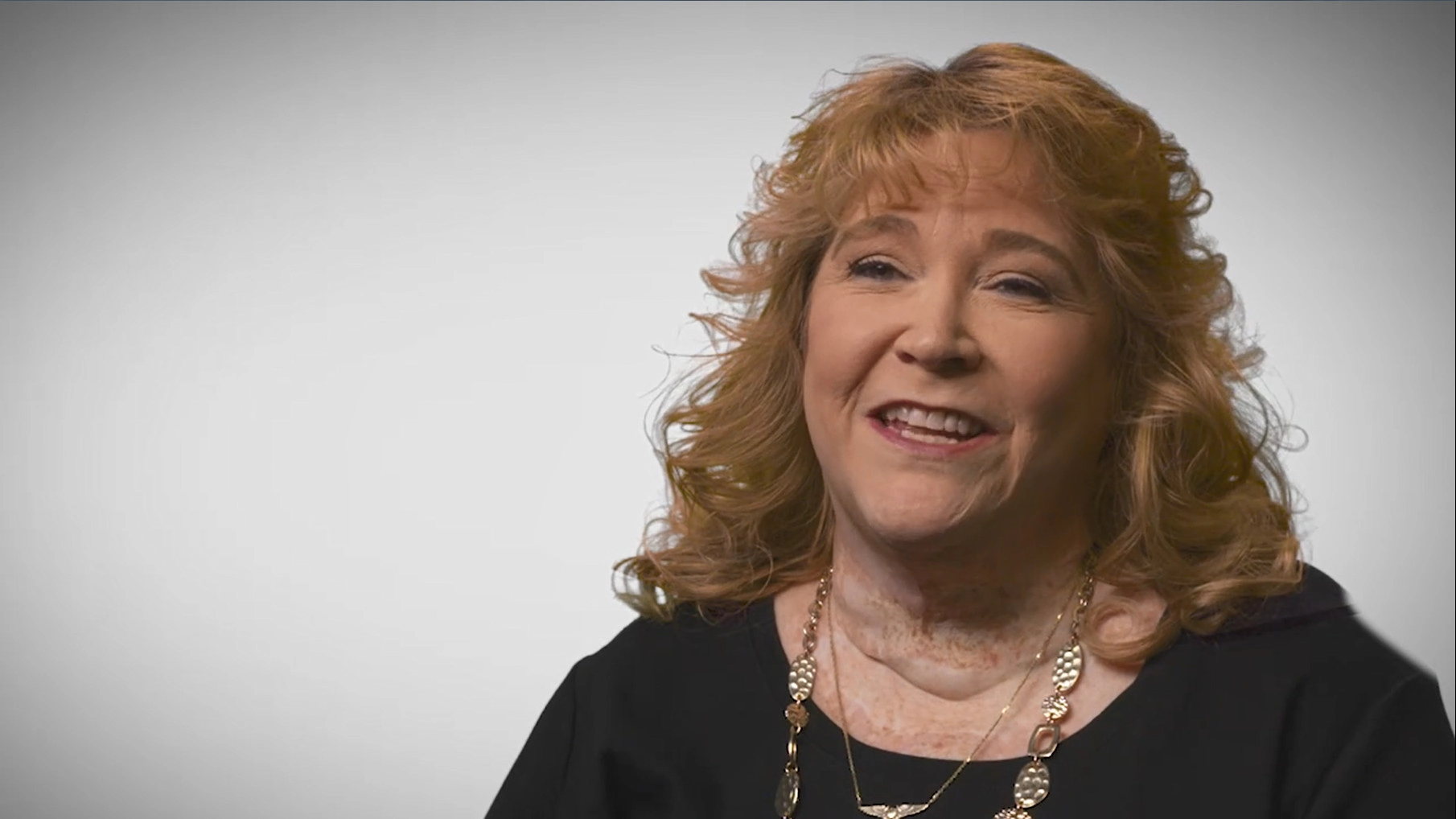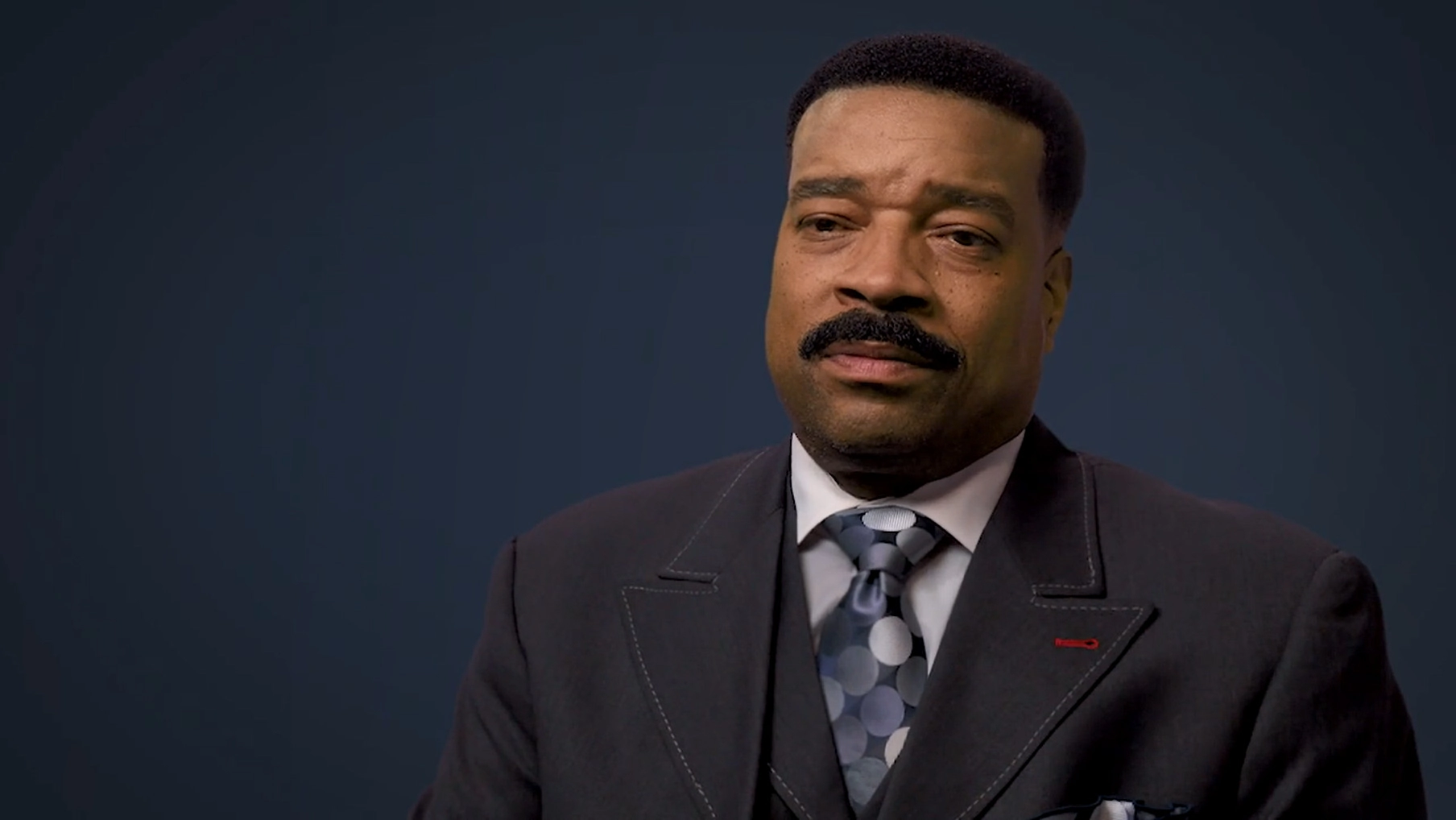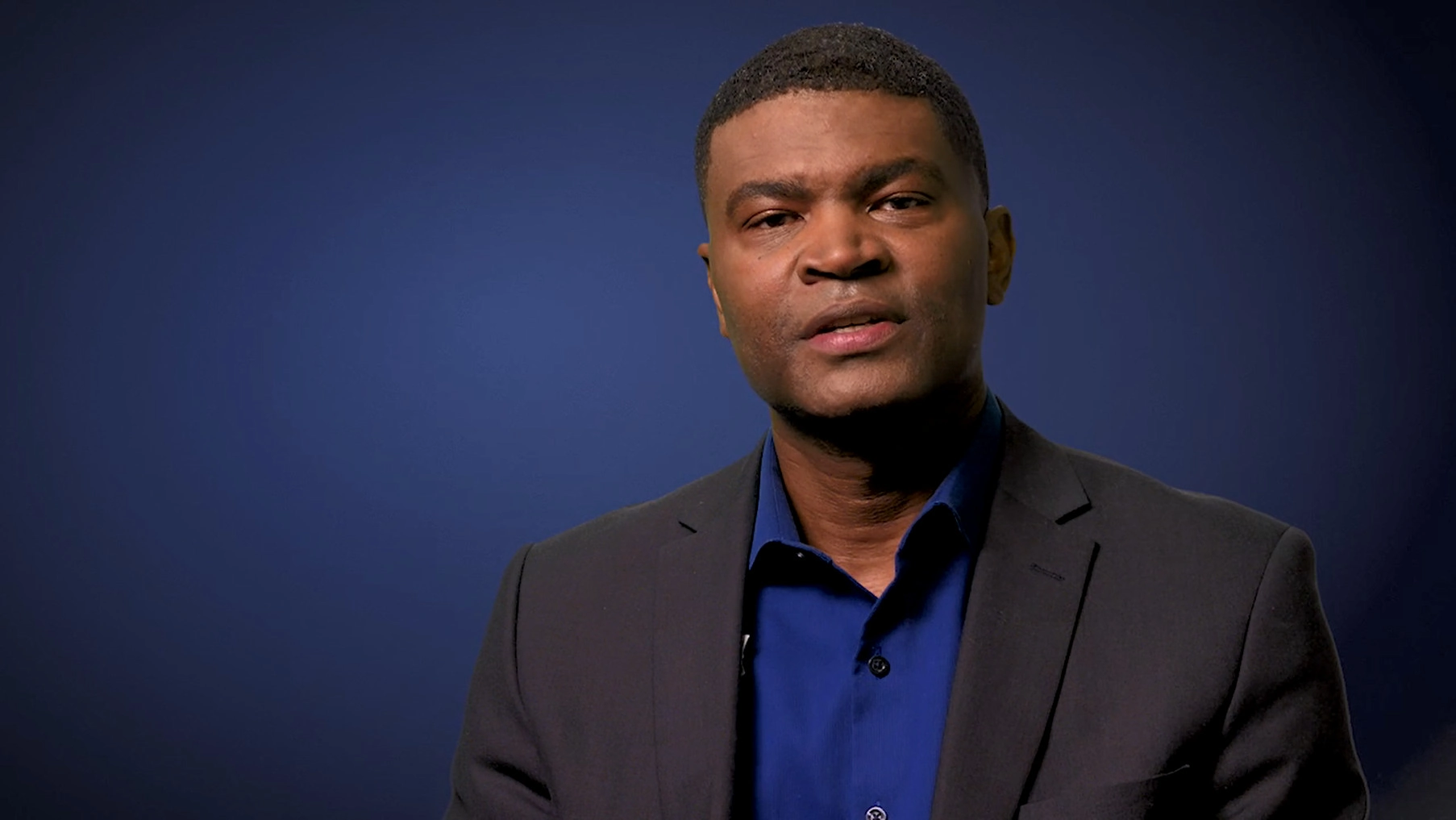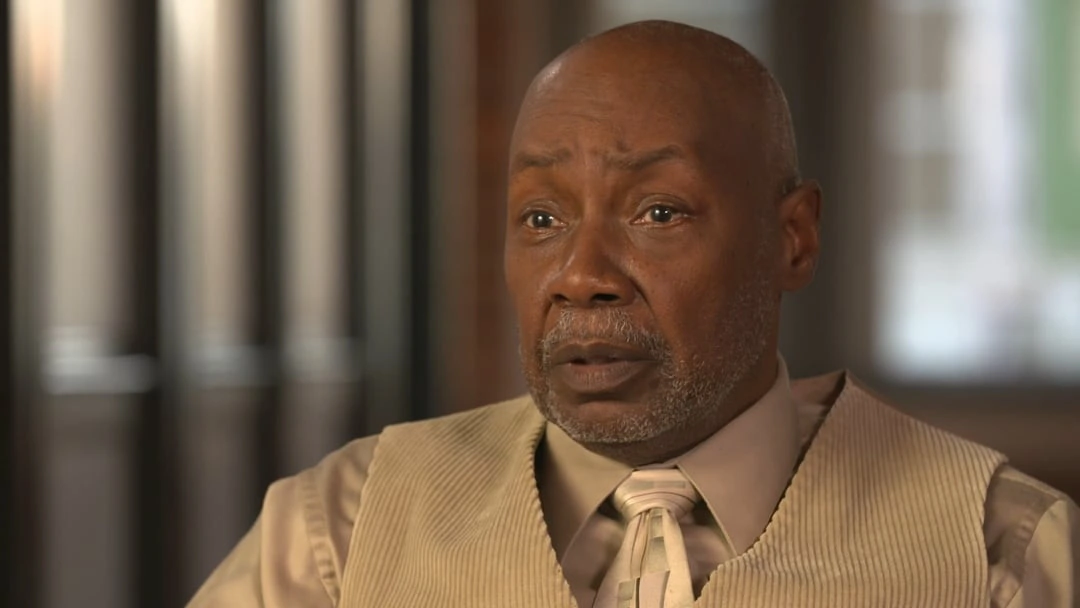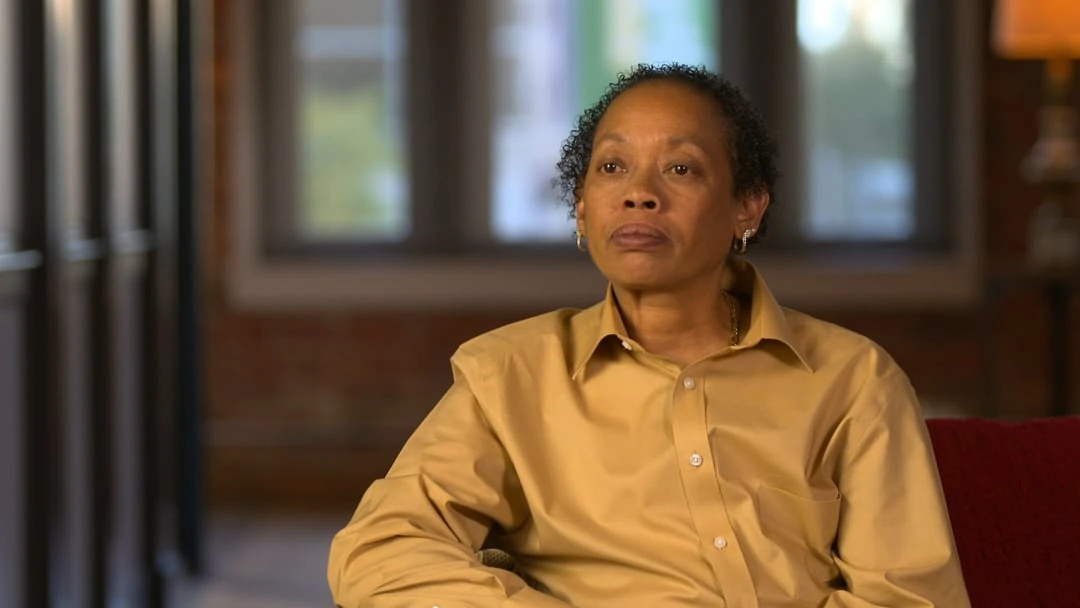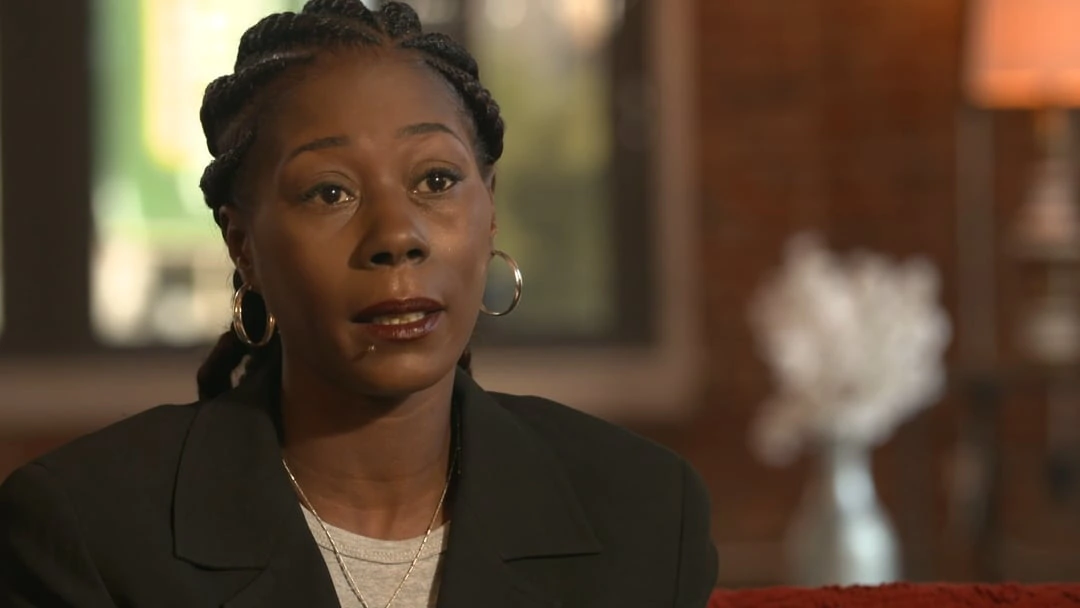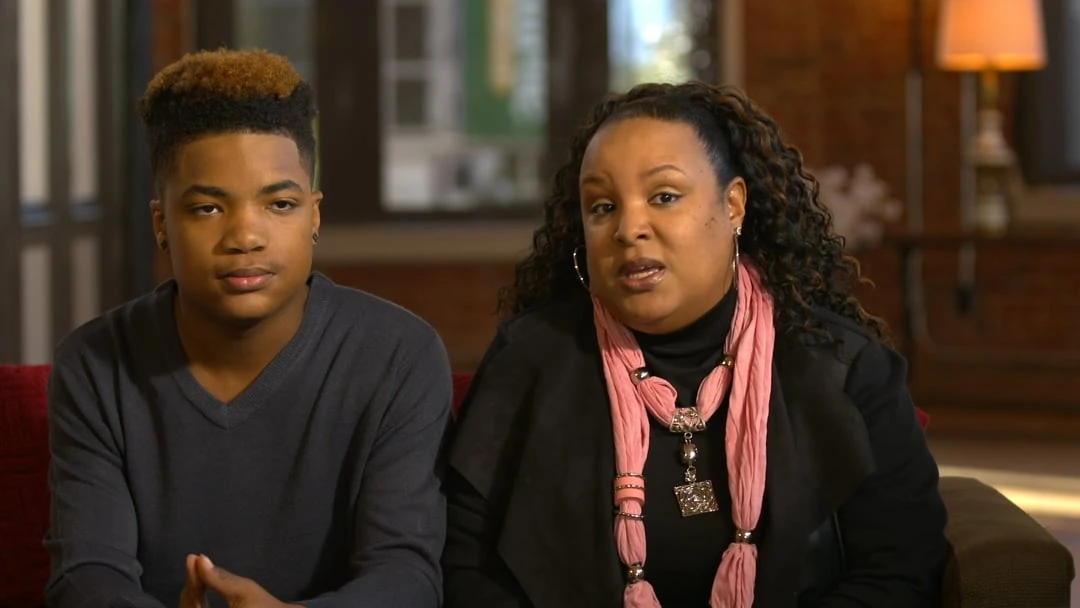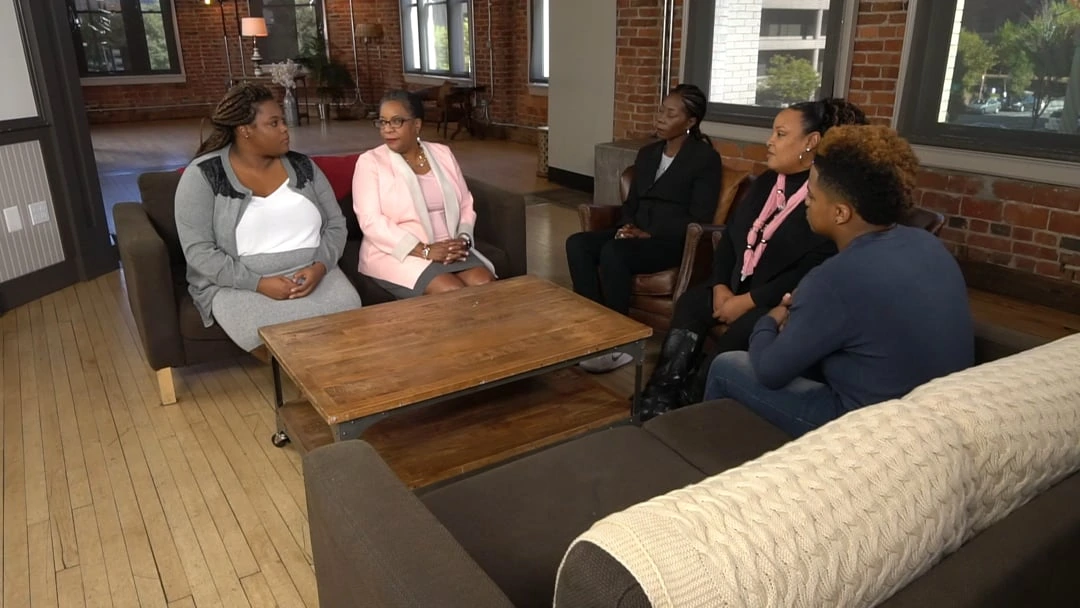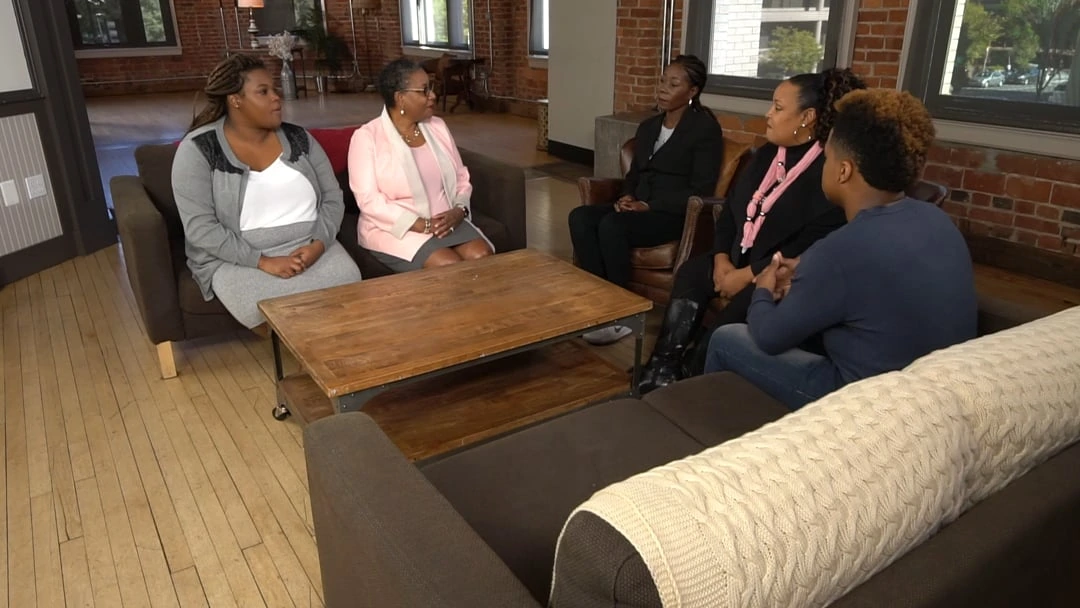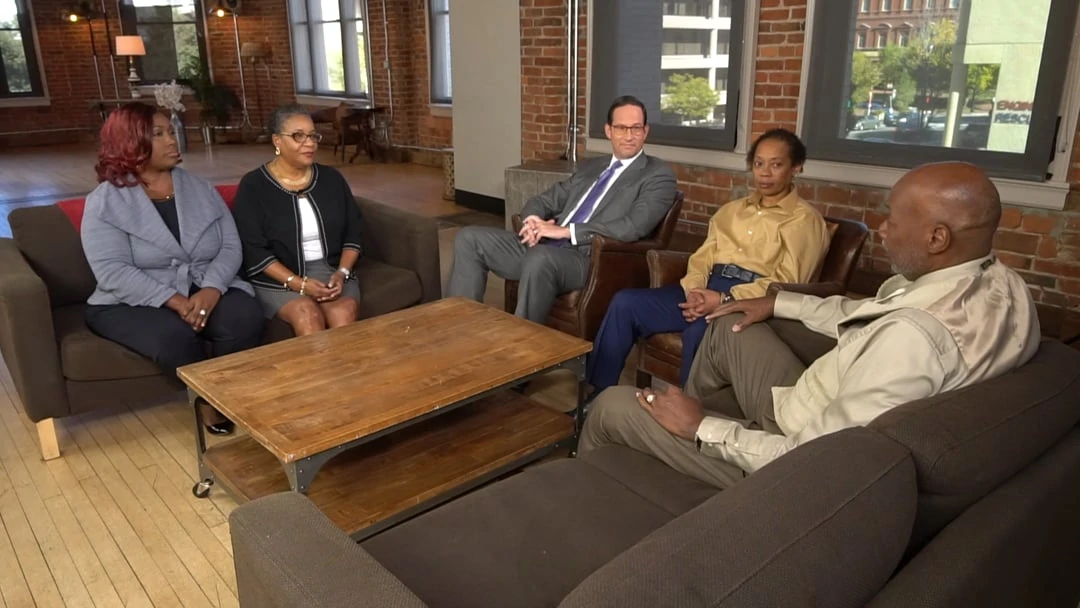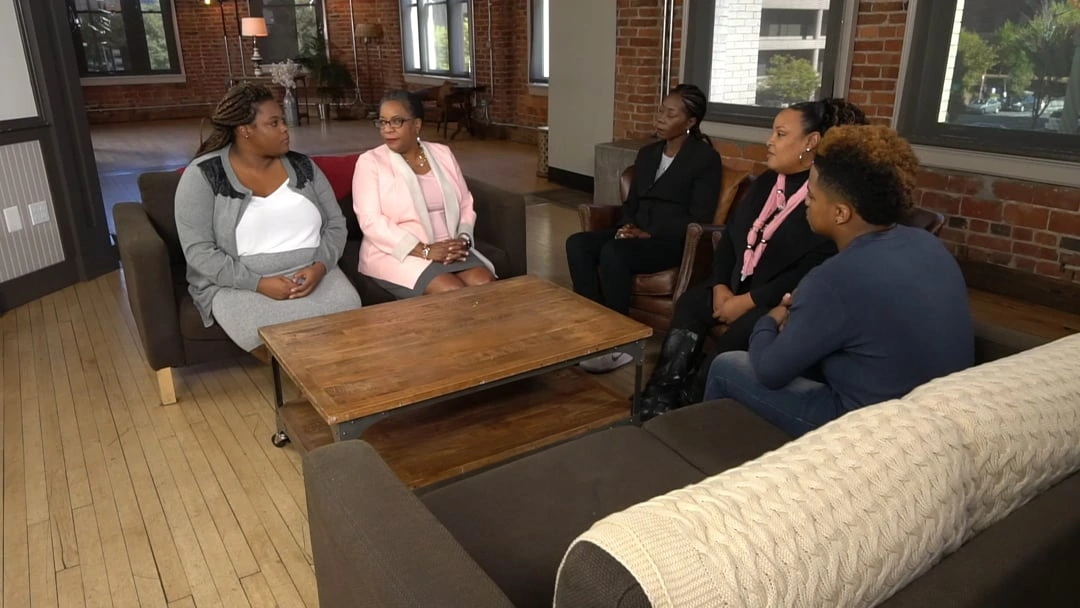In June 2010, the FDA announced that it was conducting a safety review of Benicar side effects to evaluate whether the medication may increase the risk of death due to heart problems among patients with type 2 diabetes. The investigation was launched after data from two clinical trials identified at least 25 individuals taking Benicar who died from cardiovascular problems.
On July 3, 2013, the FDA warned that Benicar could cause intestinal problems known as sprue-like enteropathy. The FDA approved changes to the labels of these drugs to include this concern. The FDA also stated that it would continue to evaluate the safety of olmesartan-containing products and will communicate again if additional information becomes available. The FDA said it approved the warning on the drug’s label after it evaluated its Adverse Event Reporting System, published literature case series, information from the Mini-Sentinel pilot of the Sentinel Initiative, and information from the CMS Medicare database.
“The FDA’s evaluation found clear evidence of an association between olmesartan and sprue-like enteropathy,” the agency reported in a statement. The FDA identified 23 serious cases in the Adverse Event Reporting System presenting as late-onset diarrhea with significant weight loss and, in some cases, with intestinal villous atrophy on biopsy. Federal health regulators indicated that users might develop symptoms of chronic diarrhea that begins months or even years after the patients first started the treatment regime. While the symptoms typically stop when the medication is no longer used, many users have reported suffering continuing problems caused by prolonged bouts of diarrhea that damage the intestines.
The connection between sprue-like enteropathy and olmesartan was first reported in June 2012 by Mayo Clinic researchers who, from 2008-2010, had seen 22 patients from 17 different states with symptoms suggestive of celiac disease but antibody blood tests that did not support the diagnosis. This study was published more than a decade after Benicar entered the U.S. drug market. The 22 initial patients reported by the Mayo Clinic were, on average, 69 years old and had a duration of diarrheal illness for an average of 19 months. When they discontinued Benicar, they gained an average of 27 pounds. Several months later, researchers from the American College of Gastroenterology noted that olmesartan, the active ingredient in Benicar, had been linked to an additional 40 cases of sprue-like enteropathy.
People who took Benicar and related products can suffer physically and financially. Some patients underwent long and difficult treatments trying to ease the severe intestinal complications and other health issues triggered or caused by these medications. A growing number of people are picking the legal system as a way to receive compensation for medical bills, pain, suffering and other damages – and to send a message to drug maker Daiichi Sankyo. Soon after the FDA’s 2013 warning, former Benicar users filed the first lawsuits in New Jersey against Daiichi Sankyo.
The lawsuits filed over Benicar are product liability suits filed by past takers of Benicar who allege that side effects of the drug caused them to suffer chronic diarrhea, rapid and substantial weight loss, vomiting and nausea, dehydration, and other gastrointestinal side effects, and Sprue-like enteropathy. The lawsuits allege that the manufacturer of Benicar withheld information about the risks associated with the drug and failed to adequately warn of potentially dangerous side effects. These inadequate warnings provided by Baiichi Sankyo caused problems associated with taking Benicar to be misdiagnosed for months or even years, resulting in long-term gastrointestinal injury.
The U.S. market for hypertension treatments is massive, and Benicar is one of the 10 most popular drugs in the United States. Approximately 73 million people in the U.S. age 20 and older have hypertension, about 61% of which (45 million people) are under treatment. The lawsuits point out the fact that the manufacturers of Benicar distributed marketing materials to physicians and other consumers, claiming that its olmesartan products were superior, more effective, and safer than other antihypertension drug products available.
Many former takers of Benicar have been hospitalized. Of the 22 patients involved in the aforementioned 2012 Mayo Clinic study, 14 had symptoms so severe that they had to be hospitalized.
For example, in February 2014, a Benicar Lawsuit was filed by a Texas man who claimed to have suffered severe intestinal complications caused by the side effects of the drug. Plaintiff George Edward William allegedly had chronic diarrhea, dehydration, weight loss, nausea, vomiting, and malnutrition that required him to be hospitalized for a total of more than 100 days. Because his doctors were unaware that Benicar could cause intestinal problems, Williams was hospitalized more than 10 times over a period of four years as doctors tried to determine the cause of his condition. Additionally, Williams’ back was fractured and he developed cataracts on his eyes from steroid medications and was left with permanent intestinal damage. There have been many other lawsuits filed by patients who have taken Benicar and related products who have been hospitalized.
A group of French researchers are warning doctors to be aware of a possible link between Benicar and villous atrophy, the erosion of villi, the microscopic, finger-like tentacles that line the wall of the small intestine, leaving a virtually flat surface.
At a June 2014 Digestive Disease Week conference in Chicago, researchers from the University of Paris and the French National Health Insurance Fund warned that the popular blood pressure drug could cause users to suffer villous atrophy and that such can interfere with an individual’s ability to absorb nutrients, leading to chronic dehydration and malnutrition.
The researchers found that patients taking Benicar are several times more likely to develop villous atrophy than those taking other high blood pressure medications. The study involved an examination of data for more than 4.5 million patients from the French National Health Insurance Fund who started taking Benicar or another hypertension drug between 2007 and 2012. Researchers found that during the first year of taking Benicar, the number of patients hospitalized for intestinal malabsorption was 2.6 cases per 100,000 person-years. That number jumped to 6.7 during the second year, and 8.9 for those who took the drug longer than two years.
By contrast, only 1.5 per 100,000 patients taking other drugs from the same drug class, ARBs, suffered signs of villous atrophy after 2 years. For patients taking another type of hypertension drug (ACE inhibitors), only 0.9 suffered intestinal malabsorption problems after the same time period. In a report published by Family Practice News, health experts indicated that the study provides a “key lesson” for gastroenterologists, indicating that doctors should remember that villous atrophy is not always caused by celiac disease.
How do I contact a lawyer about Benicar?
If you took Benicar and suffered serious complications, please contact The Cochran Firm, D.C. at 202-682-5800. Because statutory deadlines apply to filing a claim, we recommend contacting us at your earliest convenience in order to preserve your rights. All initial inquiries about Benicar are free, confidential, and carry no obligation.
